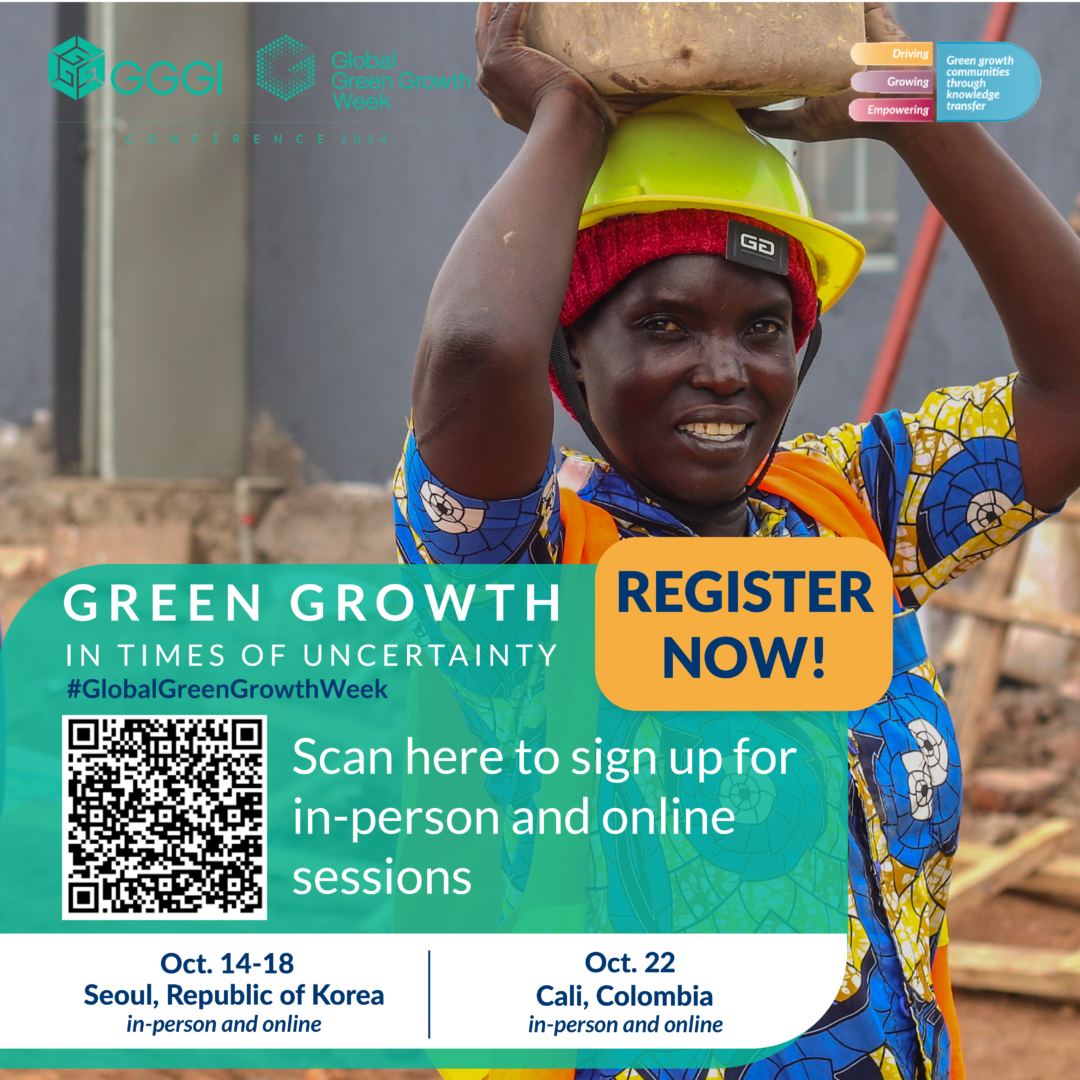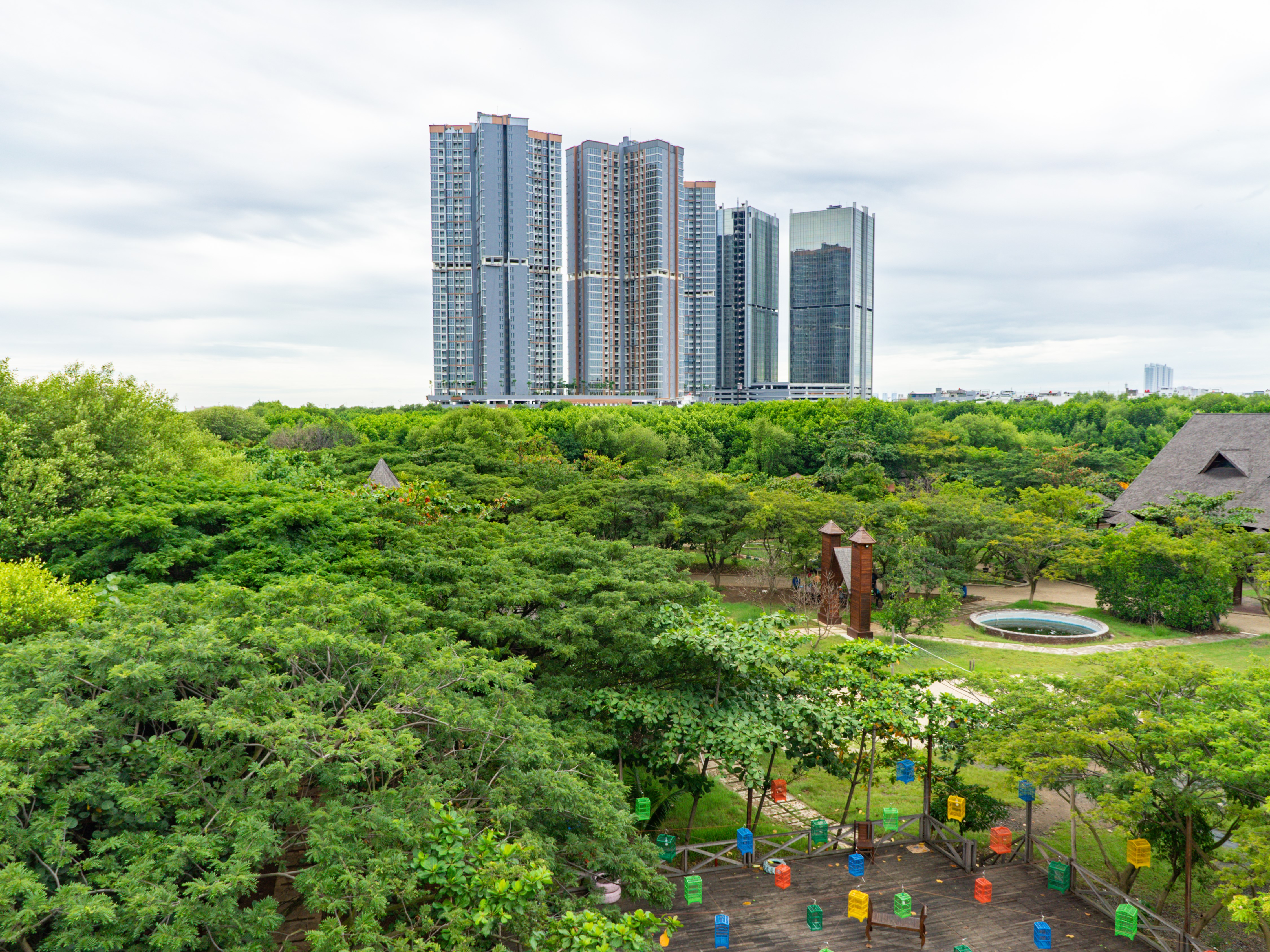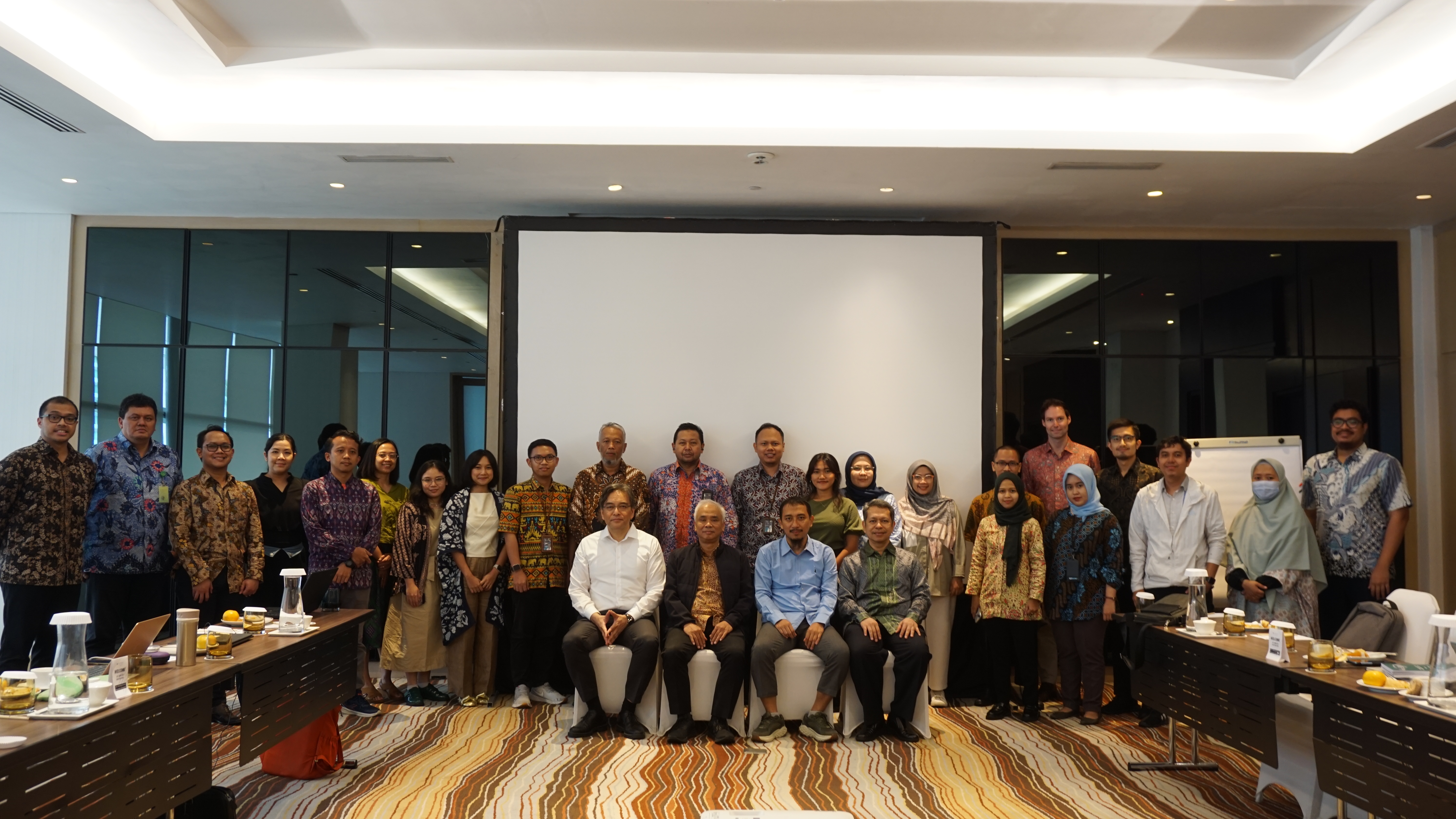Innovation of Peatland Management
The Ministry of Environment and Forestry (MoEF) of the Republic of Indonesia in collaboration with the Global Green Growth Institute (GGGI), the Forest for Life Indonesia (FFLI) and the Asia Forest Cooperation (AFOCO) presents a session titled “Innovation of Peatland Management under Changing Climate” on 21 June 2019 at 11:00-12:30, in conjunction with the 4th Asia-Pacific Forestry Week (APFW 2019) held in Songdo Convensia, Incheon, Republic of Korea.
Peatland has attracted global attention due to its significance contribution to global carbon balance. Although its overall surface area is relatively small, i.e. only 3% including forested peatlands, these peatlands have carbon stock more than the tropical forests. Disturbance on these lands due to human activities such as agricultural expansion and drainage construction, peat mining, combined with extreme climate manifestation has contributed to the degradation of about 65 million ha of peatland area globally. Emission resulted from these disturbances is very significant, reaching to about 3 Gt CO2 per year, or about 5% of the global carbon budget.
Peatlands also play an important role in economic development. Therefore, policies, strategies and technologies for improvement of peatland management is crucial to enable achievements of global commitments to mitigate climate change, as outlined in the Paris Agreement. Many good practices have been implemented to manage the peatlands in sustainable ways. However, such practices have not been adopted widely as applying such practices also faces various challenges. Therefore, the Indonesia session aims at sharing innovative approaches for measuring, monitoring and reporting emission from forest and peatland, and at the same time, providing an update of research progress on the status of forest and peatland, and reinforcing their importance in global carbon cycle and to national economies.
“In (Indonesia’s) land-use and forestry sector, 60% reduction in peat emissions will play a very important role in meeting our climate targets,” says Dr. Ir. Ruandha Agung Sugardiman, M.Sc., Director General of Climate Change of MoEF in his opening remarks. “Achieving this will require sustainable management and protection of peatland ecosystems, including peatland restoration of more than 2 million hectares until 2030,” he added.
APFW 2019 organized by the Food and Agriculture Organization of the United Nations (FAO) and the Korea Forest Service (KFS) is the largest and most important forestry gathering in the Asia-Pacific region in 2019. The event is attended by various stakeholders including leading scientists as well as key private sector actors. Therefore, it is a strategic event to raise awareness and discussion on overall peatland management in Asia-Pacific and fits into GGGI’s global efforts to build a resilient environment.
As Dr. Sugardiman conveys, the Indonesia session is expected to establish a solid commitment amongst stakeholders to work together in answering the many challenges of peatland management. “Addressing the issue of peat and climate change requires the involvement of all stakeholders. I hope that through today’s presentations and discussion, progress will be made, gaining a better shared understanding of and commitment to the challenges of restoring, managing and protecting peatland ecosystems,” he said.




